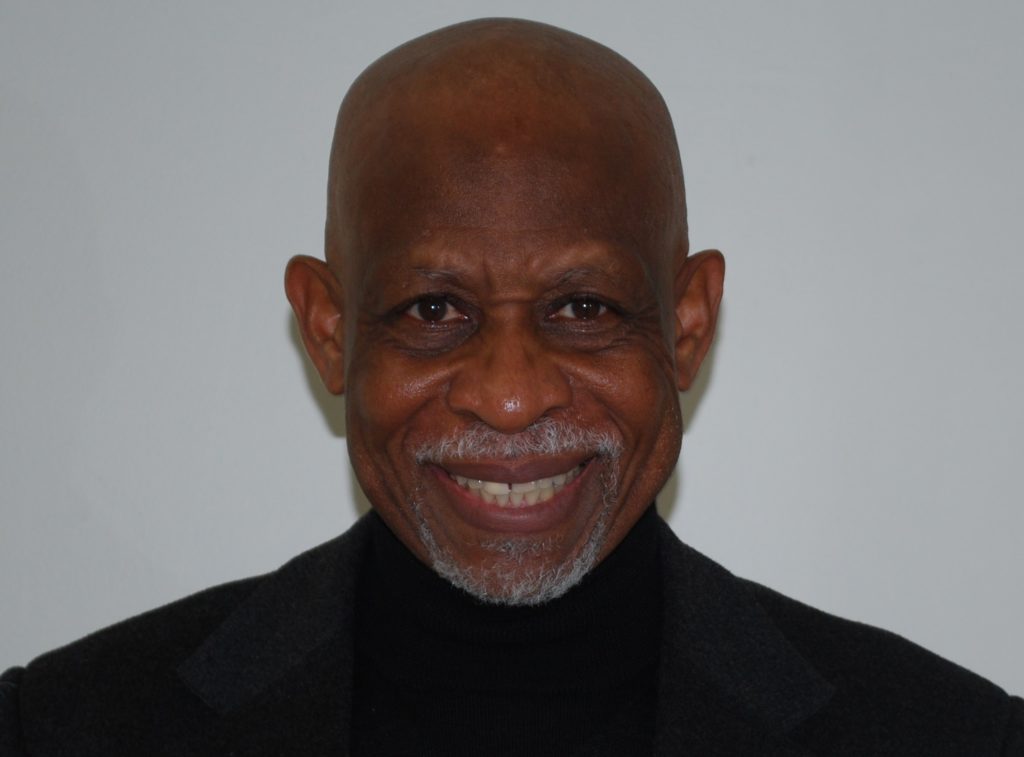FROM THE PASTOR’S HEART

OP-ED BY DR. ROBERT KENNEDY
Which God are you worshipping? What does your god look like? I do not know that the story is true, but I have told it many times as it has been told to me. A little boy was sitting at his kitchen table with paper and crayons while his mother was busy in the kitchen preparing meals. The boy was silent and in very deep concentration, which drew his mother’s attention.
As she came over to see what was taking his attention, the boy looked up, and his mother asked, “What are you drawing, son?” With a smile, the boy answered, “Can’t you see? It’s God.” Then, impulsively, his mother responded, “Son, you can’t draw God. Nobody knows what God looks like.” “Well,” said the little boy, “don’t worry, after I am finished with him, you will see.”
I don’t know what the boy’s final picture looked like, but you might be amazed how many adults are doing the same, drawing their own pictures of God in their own image and worshipping them. Many are carving statues that they call their god. I am sure you must have seen many of them and said to yourself, “Is that what God looks like?”
In my study of world religions, I have read that in Hinduism, there are 33 million representations (or images) of Brahman, some female and some male. That makes Hinduism a polytheistic religion. Many other religions are as polytheistic, but I will not name them here. Then there are religions like Islam, Judaism and Christianity that say they are monotheistic because they proclaim one God.
Christianity is of greatest interest, for all who accept the Christian faith declares, “For there is one God and one mediator between God and mankind, the man Christ Jesus,who gave himself as a ransom for all people. This has now been witnessed to at the proper time.” (1 Timothy 2:5-6 NIV).
Just so you might know, I am a Christian because I have accepted the biblical revelation that God is one (cf. 1 Corinthians 8:6). I accept it as written in the first of the Ten Commandments, which says, “You shall have no other gods before me.” (Exodus 20:3 NIV). This biblical command was originally given to the Israelites at Sinai as they were coming out of Egyptian slavery.
Egypt was a polytheistic culture where the people worshipped many gods. The pharaohs were worshipped as gods and named themselves after gods and goddesses such as Osiris, Isis, Horus, Seth, Path, Re, Ra, Anubis, etc. So, God needed to command, instruct, and warn Israel of the need to recognize that there is only one God.
He is God – Yahweh – the one introduced to Moses at the burning bush and the leader of Israel who brought them out of the Egyptian bondage. He introduced himself as the one true and living God, the Creator of heaven and earth, the one to be worshipped (Exodus 20:1-17). The commandment given to Israel at Sinai was not a new idea because the Bible opens with the notion that there is one God. “In the beginning God.” (cf. Genesis 1:1). The biblical books of Exodus, Numbers and Deuteronomy were reminders of what was spelled out in Genesis.
The history of Israel painted in the First Testament of the Bible tells of the God that saved Israel and of Israel’s exile because they sought after other gods. It tells that despite the strict warnings not to make and worship other gods, the Israelites repeatedly made and worshipped strange gods for which the Lord severely punished them. Although Israel repeated the prayer called The Shema, found in Deuteronomy 6:4-9, which says, “Hear, O Israel; the Lord our God, the Lord is one. . .” yet they were constantly drawn away in the worship of the other gods.
Let me break away from lingering on the history of Israel to ask, Why are we human beings so idolatrous? Why are we so engaged in the making and worshiping of idolatrous forms? Why are we so intent on seeking representations of the God we are called to worship? The reality is that the commandment to Israel is to all of us. So why are we so intent on rebel worship?
I can either state that “I have no answer” or state what comes to mind immediately, that:
- We are just rebellious. We know what is required of us, but we do not care to do what is required.
- We are obsessed with ourselves. We worship the things we create and call them God.
- We are self-conscious in a negative way. We like to see projections of ourselves to worship.
- We are self-sufficient. We like to declare our independence from God.
- We are self-centered. We are selfish and not willing to share our love.
- We are self-destructive. We seek protection from things that are not able to help us.
- We are confused. We are often ignorant of our deepest needs. Like the apostle Paul noted of the Athenians, they were worshipping many gods and just to make sure they did not miss one, they added “the Unknown god.” (Acts 17).
The question for us today is “Who are we worshipping?” We often prefer to worship the little things we can see instead of the all-powerful, all-present, invisible God. Israel made a golden calf because they needed something visible. We use our little mannikins or other objects in wallets, handbags, cars, etc. as visible symbols of our worship. It is in the human heart to worship, and if we do not worship the one true God, we will surely create the little images that we can worship. How pathetic is our worship if all we can produce are images like that of the little boy at the table? De we know who we are worshipping? This is my only question for today? What is your answer?

